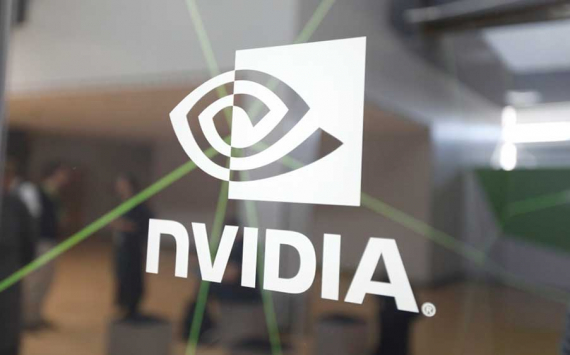
Deal under threat
Nvidia's biggest deal to acquire UK tech company Arm for $40bn could be blocked by UK authorities. An investigation into the potential implications of the deal has been launched and national security concerns have been raised.
Nvidia (NVDA) shares, up more than 110% in the past 12 months and 17.7% YTD, fell 3.46% on Monday as the UK department launched an investigation into the implications of its deal with Arm Holdings, the UK's biggest technology company.
The deal between Nvidia and Arm
Nvidia struck a deal with Arm last September through Japanese investment bank SoftBank, which now owns Arm. Nvidia expected that it could complete the deal in 18 months, after receiving all necessary approvals.
Nvidia's deal with Arm has caused high concern for the technology industry and regulators, as Nvidia gains huge weight and influence in the industry in the event of a merger.
Nvidia executives, who have high expectations for the future prospects of the deal, said the terms of the deal assume that Arm will continue with its open licensing model, "while maintaining the global customer neutrality that has been the foundation of its success."
Nvidia also indicated that Arm will remain headquartered in Cambridge, where Nvidia will build a world-class artificial intelligence (AI) research centre as well as a state-of-the-art AI supercomputer powered by Arm processors.
Barring a deal
On Monday, Britain's digital secretary for the Department for Digital, Culture, Media and Sport said the Nvidia and Arm deal raises questions about UK national security and authorities would launch an investigation into the potential implications.
Market experts point to the fact that the world's largest countries are seeking to increase their control over the technology industry in general and the semiconductor industry in particular, as they become increasingly important to economies.
Asian countries, South Korea, Taiwan, Japan and China account for most of the world's semiconductor production; the US has lost a significant share of the manufacturing market as US technology companies have gone down the outsourcing route and taken advantage of cheaper manufacturing services in Asia.







